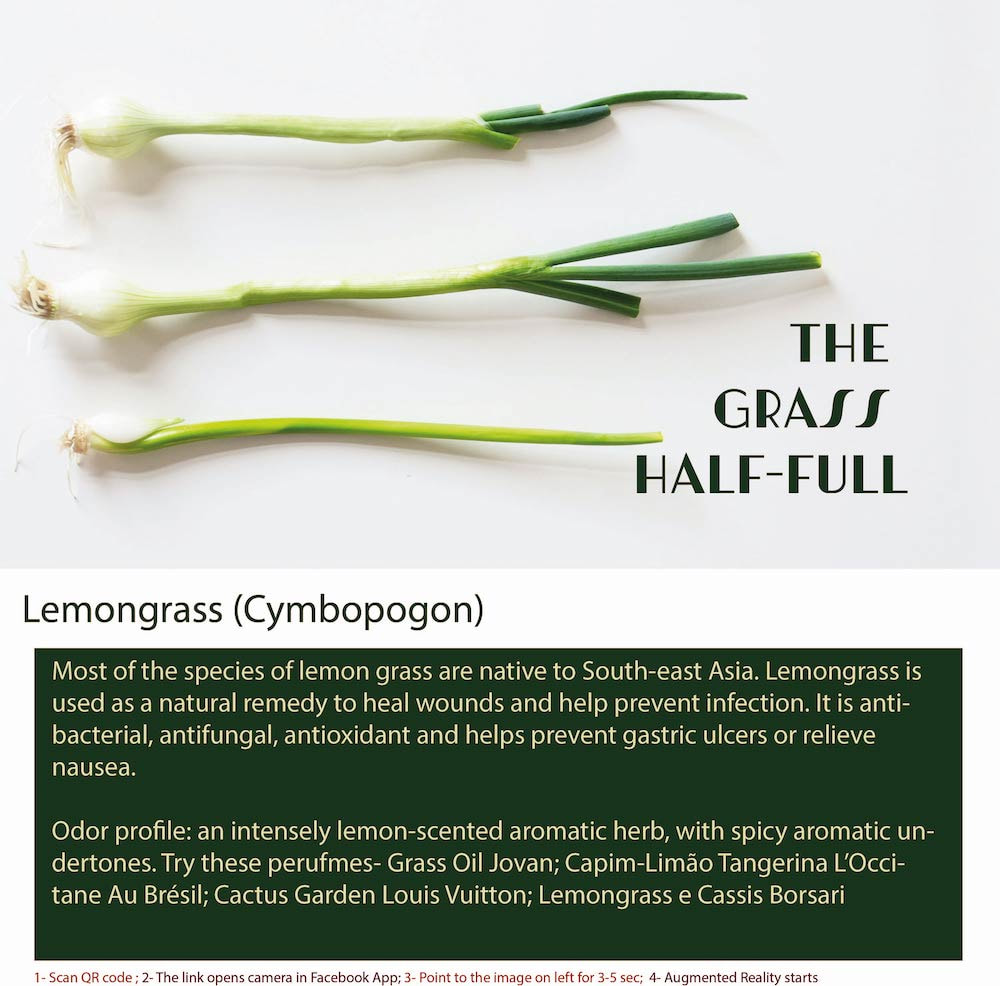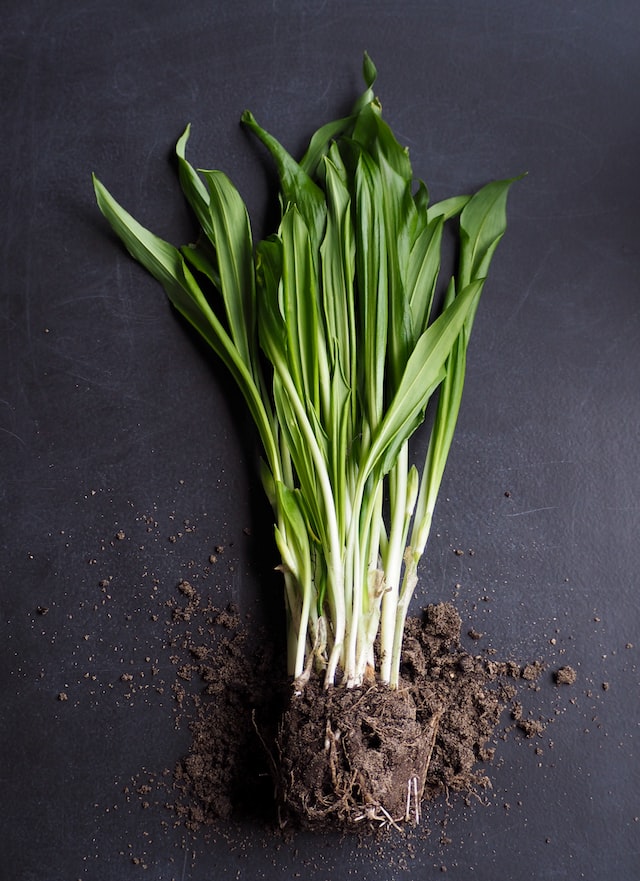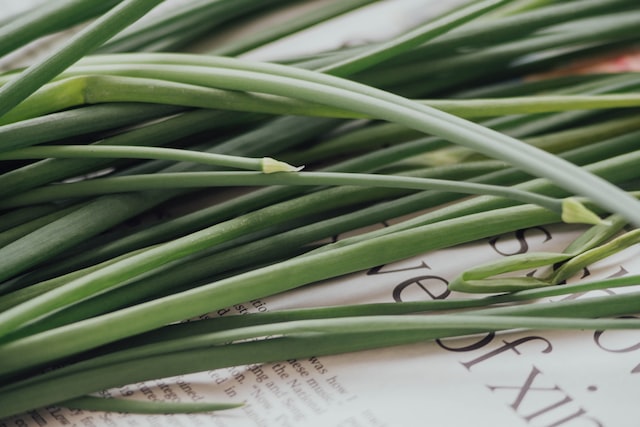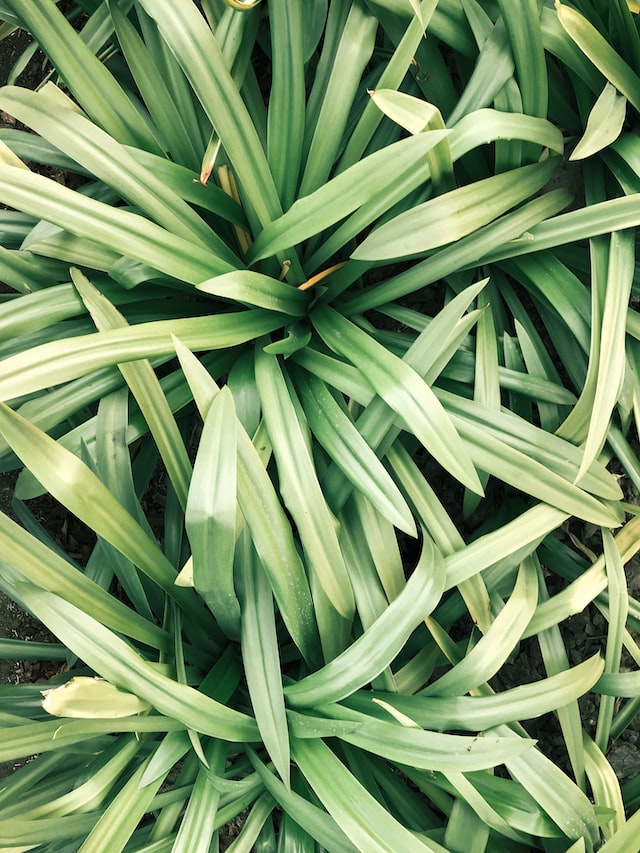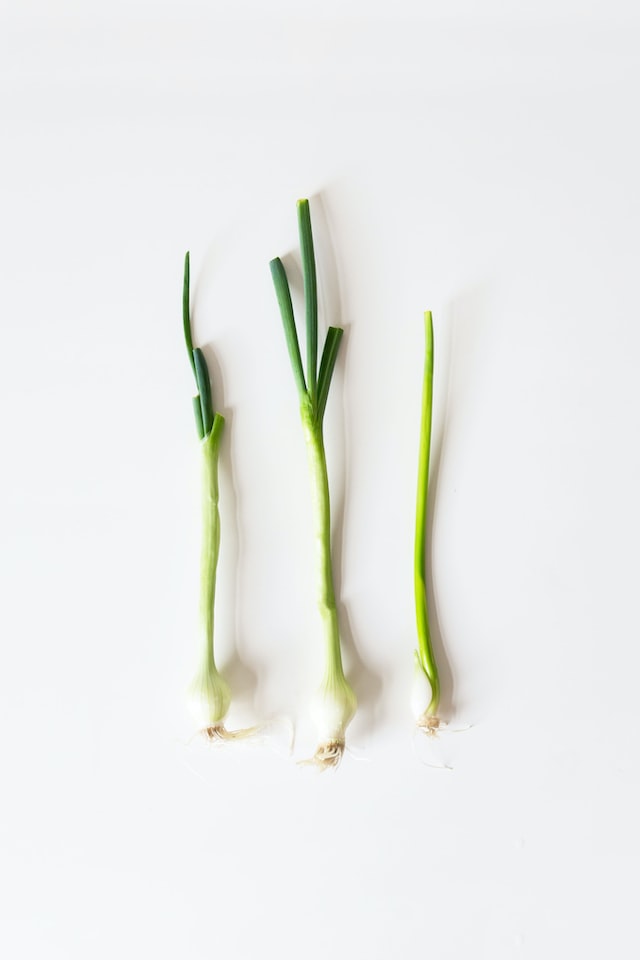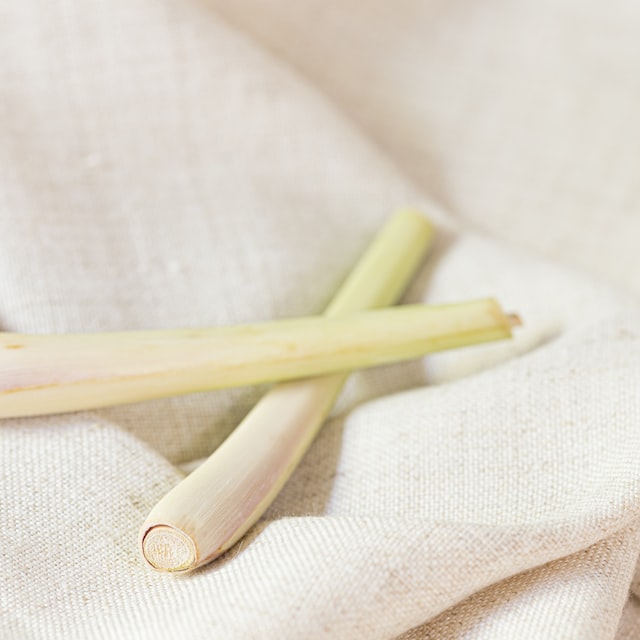Benefits of Lemongrass Citrus Essential Oil
Lemongrass: The Zesty Wonder with Multifaceted Charms
Introduction: Lemongrass, a vibrant and aromatic grass native to tropical regions, has captivated human senses for centuries. Its refreshing citrusy fragrance, therapeutic properties, and versatility have earned it a prominent place in perfumes, therapeutic oils, culinary delights, traditional medicine, and more. This essay delves into the multifaceted world of lemongrass, exploring its significance in different aspects of human life and uncovering some fun and crazy facts about this zesty wonder.
History and Cultural Significance: Lemongrass has a rich history steeped in ancient medicinal traditions and culinary practices. Indigenous to Southeast Asia, it has been used for centuries in traditional medicine for its various health benefits. In countries like Thailand, Vietnam, and India, lemongrass is a staple in cooking, imparting a distinct lemony flavor to dishes. The grass also plays a significant role in various cultural and religious ceremonies, symbolizing purity and cleansing.
Perfumes and Fragrance: Lemongrass's bright and uplifting aroma has found its way into the world of perfumery. It is often used as a top note to add a fresh and zesty aspect to fragrances. Its invigorating scent complements other citrusy and herbal notes, creating dynamic and refreshing compositions. Lemongrass essential oil, extracted from the grass, is a key ingredient in many fragrances, enhancing their vibrancy and evoking a sense of energy and positivity.
Therapeutic Oils and Aromatherapy: Lemongrass essential oil is highly regarded in aromatherapy for its therapeutic benefits. The oil's invigorating aroma can help boost mood, reduce stress, and promote mental clarity. It is often used in diffusers and massage oils to create an uplifting and revitalizing atmosphere. Additionally, lemongrass oil possesses antiseptic and anti-inflammatory properties, making it useful for treating minor skin irritations and muscular discomfort.
Culinary Delights: Lemongrass's zesty and lemony flavor adds a unique twist to culinary creations. Commonly used in Asian cuisine, lemongrass is employed in soups, curries, stir-fries, and marinades to infuse dishes with its delightful taste. The tender inner core of lemongrass stalks is often finely minced or bruised to release its flavor. Lemongrass tea, a soothing and aromatic beverage, is also enjoyed in various cultures for its refreshing taste and potential health benefits.
Medicinal Applications: Lemongrass has a long history of use in traditional medicine due to its medicinal properties. It is believed to have anti-inflammatory, antibacterial, and antifungal effects. In some cultures, lemongrass is used to ease digestive issues, alleviate fevers, and support overall well-being. Additionally, lemongrass tea is often consumed as a natural remedy for its potential calming and digestive benefits.
Fun and Crazy Facts:
Lemongrass, with its refreshing fragrance, therapeutic qualities, and culinary delights, is a true zesty wonder. From its role in perfumery and aromatherapy to its significance in traditional medicine and culinary arts, lemongrass has enriched human experiences across cultures and history. Its invigorating aroma uplifts our spirits, while its diverse applications in food and beverages tantalize our taste buds. As we continue to appreciate the multifaceted charms of lemongrass, we are reminded of nature's bounty and its ability to infuse our lives with joy, wellness, and zest.
Introduction: Lemongrass, a vibrant and aromatic grass native to tropical regions, has captivated human senses for centuries. Its refreshing citrusy fragrance, therapeutic properties, and versatility have earned it a prominent place in perfumes, therapeutic oils, culinary delights, traditional medicine, and more. This essay delves into the multifaceted world of lemongrass, exploring its significance in different aspects of human life and uncovering some fun and crazy facts about this zesty wonder.
History and Cultural Significance: Lemongrass has a rich history steeped in ancient medicinal traditions and culinary practices. Indigenous to Southeast Asia, it has been used for centuries in traditional medicine for its various health benefits. In countries like Thailand, Vietnam, and India, lemongrass is a staple in cooking, imparting a distinct lemony flavor to dishes. The grass also plays a significant role in various cultural and religious ceremonies, symbolizing purity and cleansing.
Perfumes and Fragrance: Lemongrass's bright and uplifting aroma has found its way into the world of perfumery. It is often used as a top note to add a fresh and zesty aspect to fragrances. Its invigorating scent complements other citrusy and herbal notes, creating dynamic and refreshing compositions. Lemongrass essential oil, extracted from the grass, is a key ingredient in many fragrances, enhancing their vibrancy and evoking a sense of energy and positivity.
Therapeutic Oils and Aromatherapy: Lemongrass essential oil is highly regarded in aromatherapy for its therapeutic benefits. The oil's invigorating aroma can help boost mood, reduce stress, and promote mental clarity. It is often used in diffusers and massage oils to create an uplifting and revitalizing atmosphere. Additionally, lemongrass oil possesses antiseptic and anti-inflammatory properties, making it useful for treating minor skin irritations and muscular discomfort.
Culinary Delights: Lemongrass's zesty and lemony flavor adds a unique twist to culinary creations. Commonly used in Asian cuisine, lemongrass is employed in soups, curries, stir-fries, and marinades to infuse dishes with its delightful taste. The tender inner core of lemongrass stalks is often finely minced or bruised to release its flavor. Lemongrass tea, a soothing and aromatic beverage, is also enjoyed in various cultures for its refreshing taste and potential health benefits.
Medicinal Applications: Lemongrass has a long history of use in traditional medicine due to its medicinal properties. It is believed to have anti-inflammatory, antibacterial, and antifungal effects. In some cultures, lemongrass is used to ease digestive issues, alleviate fevers, and support overall well-being. Additionally, lemongrass tea is often consumed as a natural remedy for its potential calming and digestive benefits.
Fun and Crazy Facts:
- Citronella Connection: Lemongrass is a source of citronella oil, which is widely known for its insect-repelling properties. The oil is commonly used in candles, sprays, and lotions to keep mosquitoes and other bugs at bay.
- Botanical Identity: Lemongrass is scientifically known as Cymbopogon citratus or Cymbopogon flexuosus, depending on the specific variety. These two varieties have slightly different flavor profiles and are used in various culinary and medicinal applications.
- Tall Grass: Lemongrass can grow up to 3 meters (10 feet) tall, making it one of the taller grass species.
- Lemongrass in Folklore: In some cultures, lemongrass is associated with warding off evil spirits and negative energy. It is used in smudging ceremonies and spiritual rituals to purify spaces.
- Thai Cuisine Icon: Lemongrass is an essential ingredient in Thai cuisine, particularly in dishes like Tom Yum soup and Thai green curry, where its citrusy flavor shines.
Lemongrass, with its refreshing fragrance, therapeutic qualities, and culinary delights, is a true zesty wonder. From its role in perfumery and aromatherapy to its significance in traditional medicine and culinary arts, lemongrass has enriched human experiences across cultures and history. Its invigorating aroma uplifts our spirits, while its diverse applications in food and beverages tantalize our taste buds. As we continue to appreciate the multifaceted charms of lemongrass, we are reminded of nature's bounty and its ability to infuse our lives with joy, wellness, and zest.
To experience augmented reality, please open the Facebook-app using QR code and point to the image below
Experience the Refreshing Aromatherapy of Citrus Scents
Lemongrass is a tropical grass native to Southeast Asia, known for its distinct citrus scent and flavor. It is commonly used in cooking, particularly in Asian cuisine, to add a tangy, lemony flavor to dishes.
Lemongrass is also used in traditional medicine to treat a variety of ailments, including fever, infections, and digestive issues. It contains compounds such as citral and geraniol, which are believed to have antimicrobial and anti-inflammatory properties.
In perfumery, lemongrass essential oil is used as a middle note, which means that its scent can be detected after the initial top notes have evaporated. Lemongrass essential oil is described as having a fresh, clean, and uplifting aroma. It is often used in combination with other citrus and floral notes to create fragrances that are fresh, light, and invigorating.
In aromatherapy, Lemongrass essential oil is used for its refreshing, invigorating and energizing properties. It is often used to help alleviate stress, anxiety and depression.
Lemongrass is considered generally safe, but it's best to use it in moderation and with the guidance of a healthcare professional if you have a medical condition or are pregnant or breastfeeding.
Lemongrass is also used in traditional medicine to treat a variety of ailments, including fever, infections, and digestive issues. It contains compounds such as citral and geraniol, which are believed to have antimicrobial and anti-inflammatory properties.
In perfumery, lemongrass essential oil is used as a middle note, which means that its scent can be detected after the initial top notes have evaporated. Lemongrass essential oil is described as having a fresh, clean, and uplifting aroma. It is often used in combination with other citrus and floral notes to create fragrances that are fresh, light, and invigorating.
In aromatherapy, Lemongrass essential oil is used for its refreshing, invigorating and energizing properties. It is often used to help alleviate stress, anxiety and depression.
Lemongrass is considered generally safe, but it's best to use it in moderation and with the guidance of a healthcare professional if you have a medical condition or are pregnant or breastfeeding.
Discover Our Collection of Natural Aromatherapy Blends
Lemongrass, also known as Cymbopogon citratus, is a tropical grass native to Southeast Asia. It has been used for centuries in traditional medicine and cooking in countries such as Thailand, Vietnam, and Indonesia.
In traditional medicine, lemongrass has been used to treat a variety of ailments, including fever, infections, and digestive issues. Its essential oil is believed to have antimicrobial and anti-inflammatory properties.
In cooking, lemongrass is used to add a tangy, lemony flavor to dishes, particularly in Asian cuisine. It is also a common ingredient in teas, marinades, and rubs.
Lemongrass oil was first distilled in the 19th century. It has been used in perfumery and aromatherapy since the early 20th century, and the oil is now widely used in the manufacturing of soaps, cosmetics, and cleaning products.
It is also now grown in many parts of the world, including Latin America, Africa, and the Caribbean, where it is used for its medicinal and culinary properties, as well as for its essential oil.
In traditional medicine, lemongrass has been used to treat a variety of ailments, including fever, infections, and digestive issues. Its essential oil is believed to have antimicrobial and anti-inflammatory properties.
In cooking, lemongrass is used to add a tangy, lemony flavor to dishes, particularly in Asian cuisine. It is also a common ingredient in teas, marinades, and rubs.
Lemongrass oil was first distilled in the 19th century. It has been used in perfumery and aromatherapy since the early 20th century, and the oil is now widely used in the manufacturing of soaps, cosmetics, and cleaning products.
It is also now grown in many parts of the world, including Latin America, Africa, and the Caribbean, where it is used for its medicinal and culinary properties, as well as for its essential oil.
How to Use Lemongrass Citrus Essential Oil for Relaxation
Few fun facts about Lemongrass:
- Lemongrass is a versatile herb that can be used in many different ways, such as in cooking, perfumery, and traditional medicine.
- Lemongrass is a natural insect repellent, and it has been used in many cultures to keep pests away.
- Lemongrass is a popular ingredient in Thai and Vietnamese cooking, particularly in soups and curries.
- Lemongrass essential oil is used in many beauty and skincare products as it is believed to have anti-aging properties.
- Lemongrass is used to make a refreshing tea, which is believed to help with digestion and reduce stress.
- Lemongrass is a popular ingredient in many cleaning products as its essential oil is believed to have antimicrobial properties.
- Lemongrass has a distinct citrus scent and is often used in perfumes and colognes to give a fresh, clean fragrance.
- Lemongrass is often used in aromatherapy to help with stress, anxiety and depression, and to promote relaxation.
Elevate Your Senses with Lemongrass Citrus Aroma
Lemongrass essential oil is derived from the leaves and stalks of the lemongrass plant. It is extracted via steam distillation and is known for its fresh, citrus scent. Lemongrass essential oil has a number of potential benefits and uses, including:
- Aromatherapy: Lemongrass essential oil is believed to have a calming effect on the mind and body and may help to reduce stress and anxiety.
- Topical use: Lemongrass essential oil can be applied topically to the skin, where it is believed to have anti-inflammatory and pain-relieving properties. It is also sometimes used to treat skin conditions such as acne, eczema, and athlete's foot.
- Household cleaning: Lemongrass essential oil can be used as a natural cleaning agent, as it is believed to have anti-bacterial properties.
- Culinary: Lemongrass essential oil can be used as a flavoring agent in cooking, particularly in Southeast Asian cuisine.
Invigorating and Uplifting Natural Aromatherapy
Lemongrass is a popular scent used in perfumes and cosmetic products. Some well-known brands that use lemongrass in their perfumes and/or cosmetic products include:
- Jo Malone: Jo Malone's lemongrass and ginger cologne is a popular scent that combines lemongrass with ginger, basil and white pepper to create a fresh and invigorating fragrance.
- L'Occitane: L'Occitane's Verbena range includes a number of products such as shower gel, soap and lotion, which are scented with lemongrass and verbena.
- Origins: Origins' "GinZing" line of products, including body lotions and scrubs, are scented with lemongrass and other citrus oils to create a refreshing and invigorating scent.
- Bath & Body Works: Bath & Body Works offers a wide range of lemongrass scented products such as candles, body lotions and hand sanitizers.
- The Body Shop: The Body Shop offers a lemongrass line of products, including shower gel, soap, and lotion, which are scented with lemongrass and other natural ingredients to create a refreshing and invigorating scent.
Join Scentopia, Sentosa's latest tourist attraction wonderful orchid scent crafting, fragrance tour, bridal shower or corporate team building which includes perfume making onsite and offsite, beach activities and more. We also serve primary school learning journey, secondary students and pupil on industrial excursions. Know more about our orchids perfume bar or therapeutic orchid scents and other wellness aromas. Conatct Perfume workshop or book a scent crafting session here.

